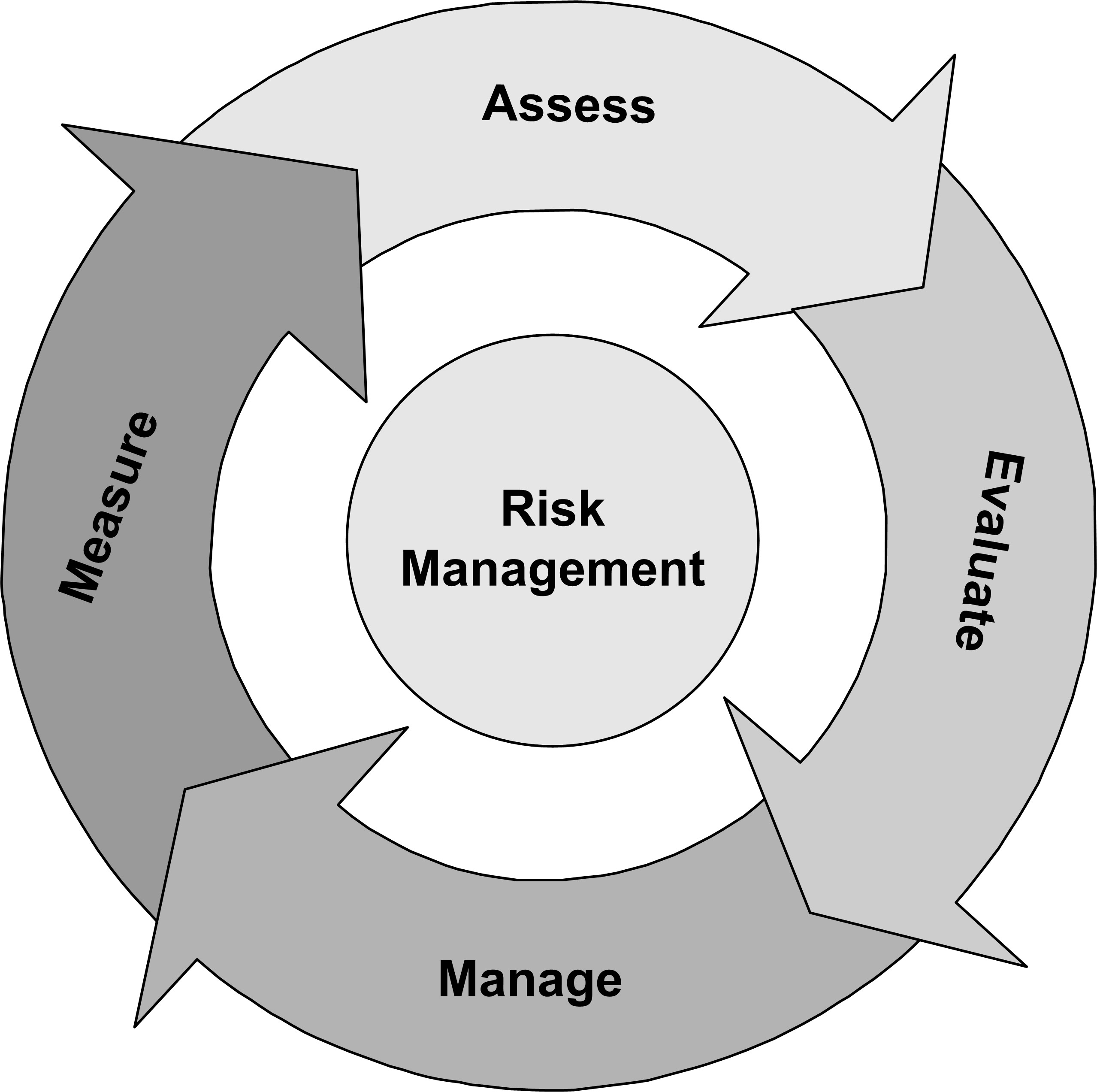 Leadership and communication skills are becoming increasingly important in today’s competitive global marketplace, and most organisations need strong leaders who can develop and manage projects, lead teams, and initiate business strategies. Successful organisations invest in employees with a business management programme in order to manage employees, negotiate services and projects on the company’s behalf, but most of all lead the organisation to success.
Leadership and communication skills are becoming increasingly important in today’s competitive global marketplace, and most organisations need strong leaders who can develop and manage projects, lead teams, and initiate business strategies. Successful organisations invest in employees with a business management programme in order to manage employees, negotiate services and projects on the company’s behalf, but most of all lead the organisation to success. Learning how to manage projects is only a part of completing a programme in management. Today, specialised studies such as e-commerce and employee relations can also provide additional courses of study within a management program, and offers a highly attractive set of skills for prospective employers.
Why pursue a Management Course?
A management programme can offer you increasing opportunities within an organisation, and lead to an accelerated move upward within a company. An Advanced Diploma in Management can help you move beyond a career at the entry-level where you can learn about organisational development, international business practices, and even marketing and advertising initiatives.
Professionals in any industry looking to further their careers in a particular field will find many benefits of completing a Management course. Career opportunities for those with a management programme include:
• Resort Manager
• Operations Manager
• Strategy Consultant
• Safety and Health Manager
• Governmental Affairs Manager
• Management Analyst
• Management Consultant
• Retail Sales Manager
• Business Development Management
• Independent Business Owner
Job Description and Responsibilities
Professionals with an Advanced Diploma in Management have an abundance of opportunities in the job market. No matter what industry you are interested in, furthering your career in the long-term is much easier with a management programme. In order to stay competitive in the global marketplace, employers are looking for exceptional candidates who can lead teams within their organisation, take charge of multiple projects, and strategise and build a solid company.
General responsibilities of a management programme include:
 • Ensuring accounting procedures and protocol are followed according to company standards
• Ensuring accounting procedures and protocol are followed according to company standards
• Working with human resources departments to ensure quality hiring practices
• Coordinating marketing and advertising initiatives according to company objectives
• Making use of information systems and technology to the business’s advantage
• Overseeing production and strategising ways to improve efficiency
• Encouraging leadership and growth within the organisation
• Overseeing departments such as finance, retail, wholesale, and communications
• Identifying group and project managers within each department
• Using effective decision-making procedures and processes to keep the organisation running smoothly
Skills required
A programme in management enables professionals to acquire a variety of skills including:
• Strong communication and leadership skills
• Ability to work on multiple projects and exercise effective time management
• Travelling around the country, or around the world
• Working with employees of different backgrounds and even cultures
• Exercising effective decision-making and critical thinking methods
• Strategic and tactical goal planning
• Leading employees and encouraging growth
• Taking control of business operations and ensuring sustainability
• Forecasting and predicting trends within the industry
• Analysing reports and consulting history records to make better decisions
Career Potential and Employment Prospects
The increasing demand of skilled professionals in the areas of management is only growing along with the rate of the global economy. More industries are looking for well-educated and knowledgeable professionals to lead their organisation, make effective business decisions, and forecast outcomes of various initiatives. The average annual rate for a management consultant is £30,000.
